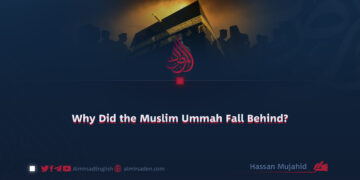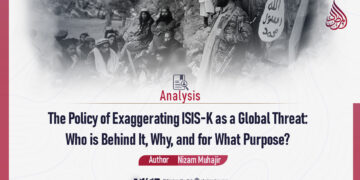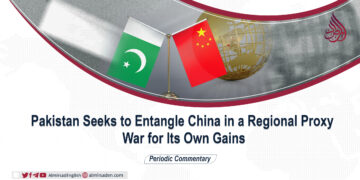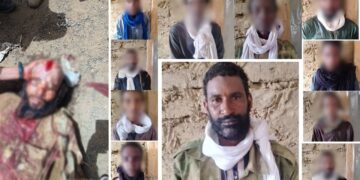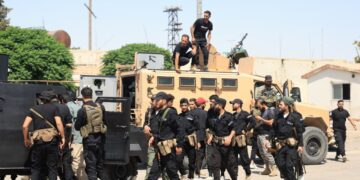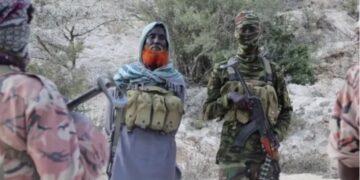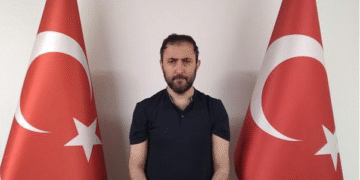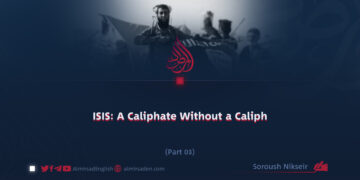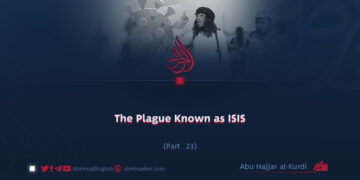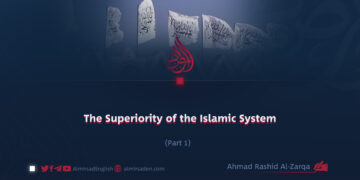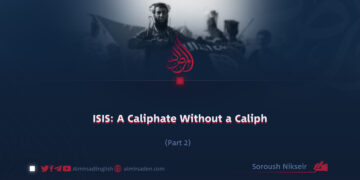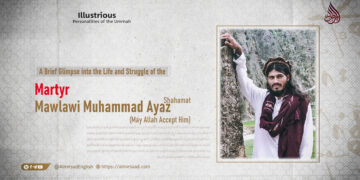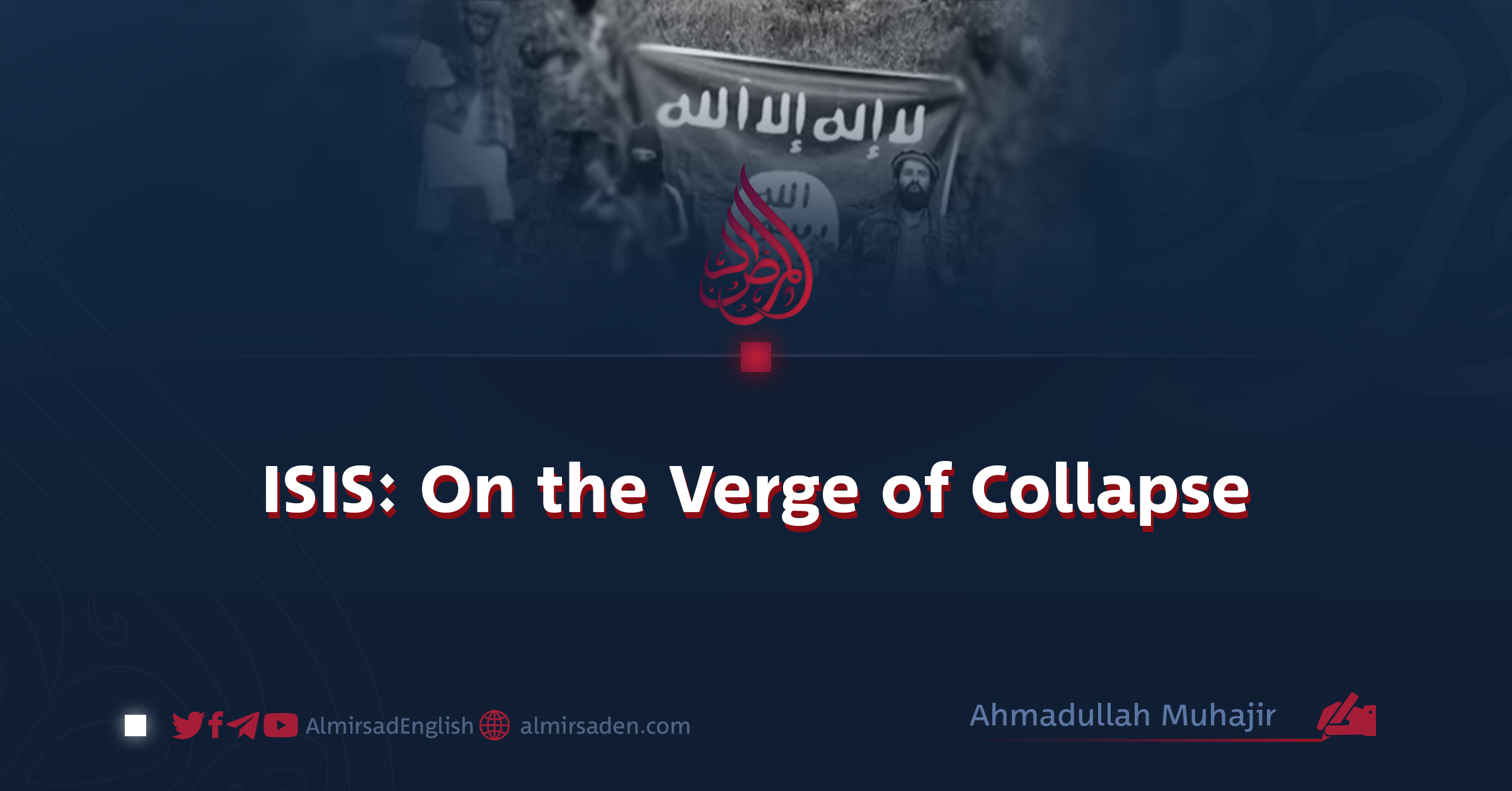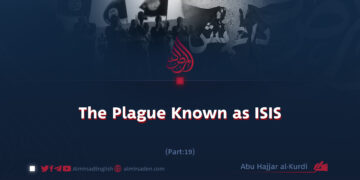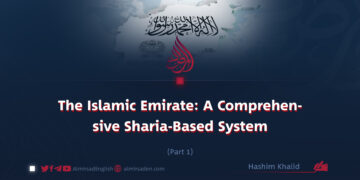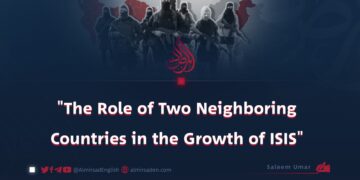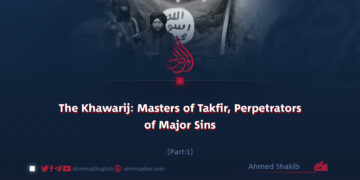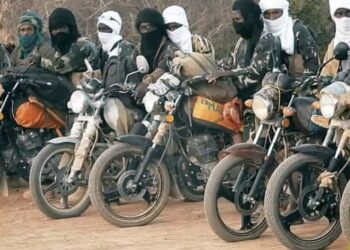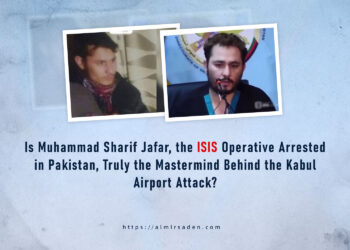Written by: Ahmadullah Muhajir
Recently, a tragic incident unfolded resulting in the martyrdom of a distinguished mujahid and devoted servant of the nation in a terrorist attack orchestrated by ISIS. This lamentable event has once again laid bare the abhorrent and criminal essence of the group, underscoring not only its lack of acceptance within the Afghan populace but also its descent into a state of desperation wherein it employs unethical and ignoble tactics in a bid for survival.
The organization, which previously claimed to establish a caliphate and govern, is now incapable of directly confronting governmental and military forces. Instead, it engages in indiscriminate attacks on civilians and public areas, actions that merely showcase its weakness and ineptitude.
Recent operations by this group demonstrate that its former power and authority have vanished. Now, in a bid to survive, it resorts to conspiracies and exploits people’s compassion and goodwill. Such behavior not only contradicts Islamic values but also highlights the group’s social isolation and ideological defeat.
The citizens of Afghanistan, renowned for their valorous history of resistance, astutely oppose these subversive schemes. This collective consciousness has dealt a significant blow to the essence and legitimacy of ISIS.
The organization’s indiscriminate assaults, frequently directed at civilian regions and vulnerable individuals, clearly indicate its feebleness and degradation. Such actions are typically reflective of groups that have lost their capability to make an impact on the battleground and instead opt to instill fear and terror in order to validate their presence.
Nonetheless, such strategies not only fail to fortify ISIS’s position but also serve to exacerbate public aversion towards it, driving the group further into complete ostracism.
The Islamic Emirate of Afghanistan (IEA), governing authority of the nation, has efficaciously curtailed the group’s operational freedom through sagacity and precise tactics. Via focused operations, numerous ISIS strongholds have been eradicated. These initiatives, alongside diminishing the group’s operational capabilities, have reignited optimism regarding stability and security among the Afghan populace.
While the grief from such atrocities and the martyrdom of distinguished mujahideen inflict deep wounds upon the nation, these occurrences have bolstered the determination of both the populace and the government to extinguish the threat posed by ISIS.
In conclusion, it must be emphasized that ISIS, which once attempted to infiltrate Islamic societies with deceptive slogans, is now a fragmented and isolated group. Deprived of public support and effective leadership, it stands on the brink of collapse. Soon, we will witness its complete destruction. The Afghan people, with their enduring history of resistance and struggle, will once again triumph over this new threat, writing a new chapter of honor and pride.

